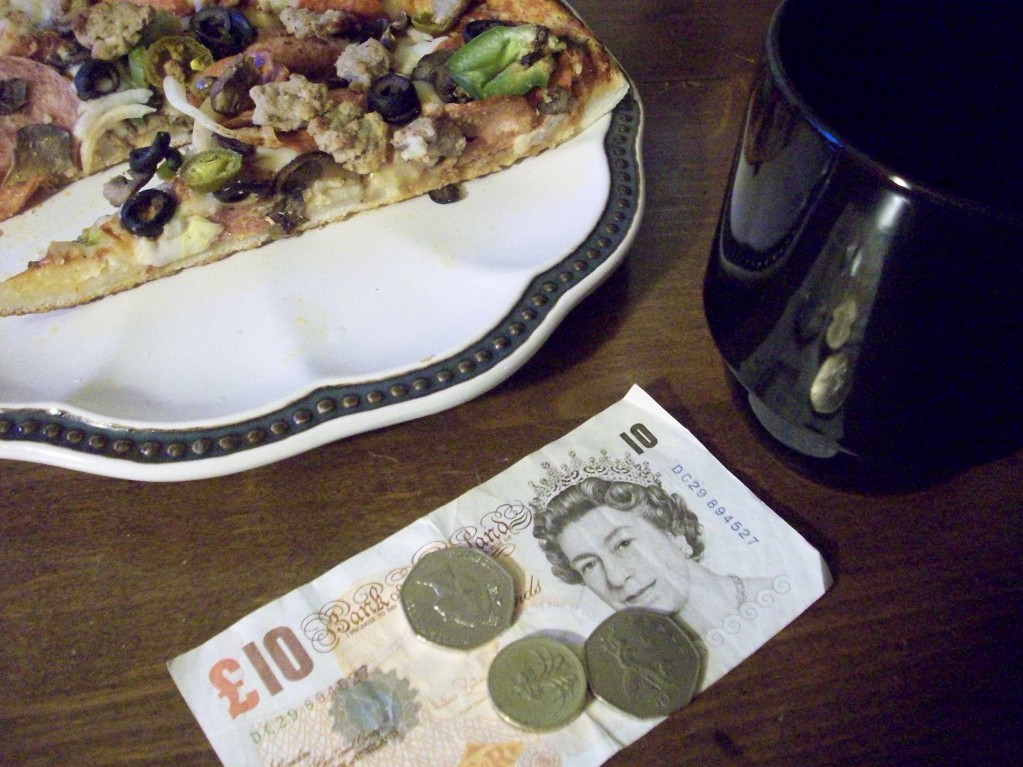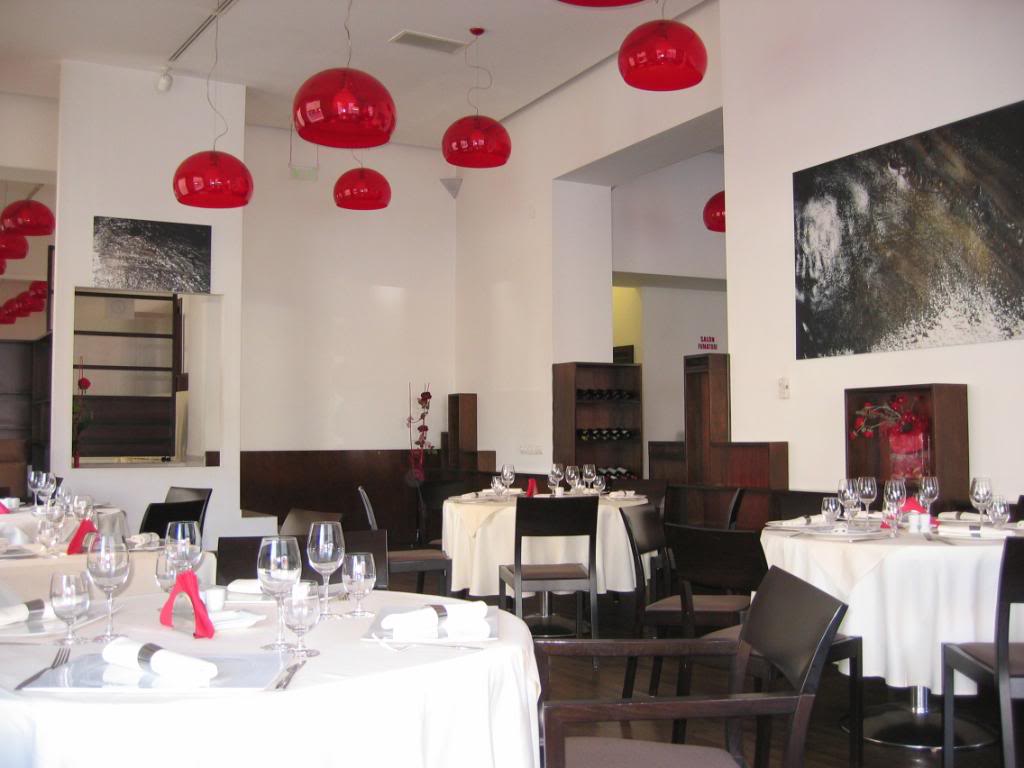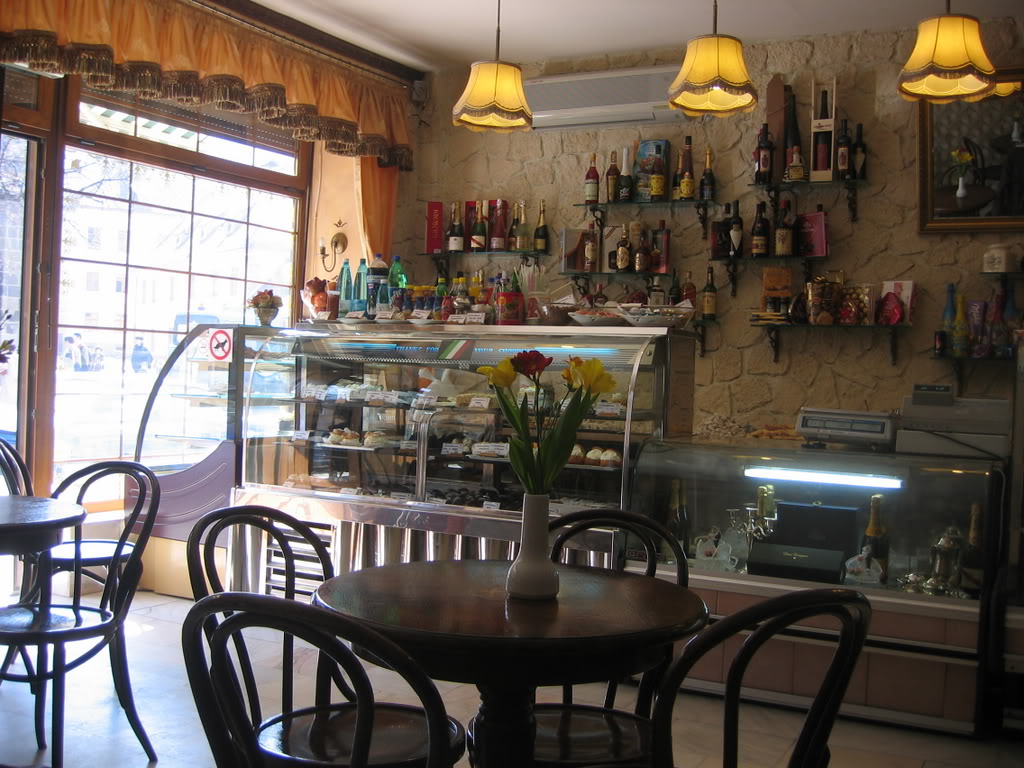Imagine the scenario. Two Americans are visiting England and have just finished their meal in a fairly down-to-earth cafe or pub. Studying their bill, they lean over toward an Englishman at the table next to theirs and ask him how much it would be customary to tip. He is mystified. “Tip?… In this place?” But now it is their turn to be mystified. “You mean we shouldn’t leave anything for the  waiter? Wouldn’t that be rude?”
waiter? Wouldn’t that be rude?”
Tipping in restaurants is a practice that the English perceive quite differently from people in the United States. The instinct for an American to add at least 15% to the bill – and considerably more if the staff is outstanding – is based on the recognition that tips form part of the regular income of people in the service profession. Waitstaff in the US are automatically taxed on an assumed amount of tips they’ll receive. In some states, restaurant owners are even allowed to pay them below the minimum wage because of that expected extra income. The very expectation of a tip helps keep the whole interaction between server and customer cordial. Tipping norms in England depend on various factors, including what kind of restaurant you are in … and who on earth you think you are.
 A tip would certainly be expected if you are dining in a fairly elegant restaurant. But even there, it wouldn’t usually be more than 10%, and locals would think nothing of skipping it altogether if they did not receive good service. A certain degree of helpfulness and courtesy, they feel, is simply part of the job for which the restaurant owner is paying the staff.
A tip would certainly be expected if you are dining in a fairly elegant restaurant. But even there, it wouldn’t usually be more than 10%, and locals would think nothing of skipping it altogether if they did not receive good service. A certain degree of helpfulness and courtesy, they feel, is simply part of the job for which the restaurant owner is paying the staff.
In a less fancy eaterie, tipping your waiter or waitress is less expected. A small tip may well be appreciated, but anything more than 10% may be resented and perceived as pretentious and condescending. The English shy away from perceived extravagance, and excessive tipping can appear a vulgar display of wealth. At the very least, it’s a peculiar foreign practice, something “we don’t do over here” – rather like drinking tea without milk, or hugging in public.
 As with anything else in England, part of what is going on is a class issue. “You don’t tip an equal,” is how I heard one person explain it. He meant that he sometimes felt awkward tipping a waiter, because it seemed tantamount to posing as his social superior, magnanimously bestowing a drop of wealth on the humble servant. That might seem an odd perspective to an American, for whom tipping is a gesture of solidarity toward someone else trying to make their way in the world. But given that there are still some families in England who keep domestic staff, it’s natural that sensibilities around the master-servant relationship are very much alive.
As with anything else in England, part of what is going on is a class issue. “You don’t tip an equal,” is how I heard one person explain it. He meant that he sometimes felt awkward tipping a waiter, because it seemed tantamount to posing as his social superior, magnanimously bestowing a drop of wealth on the humble servant. That might seem an odd perspective to an American, for whom tipping is a gesture of solidarity toward someone else trying to make their way in the world. But given that there are still some families in England who keep domestic staff, it’s natural that sensibilities around the master-servant relationship are very much alive.
For an American on vacation in England, it’s a good idea to think of tipping as a service fee – in the most absolutely literal sense. If you don’t get good service, don’t leave anything for the server. If the service is good, leave about 10%. Then again, if it’s really very good indeed, go crazy and leave a 15% tip. You’re on vacation, after all.


Comments